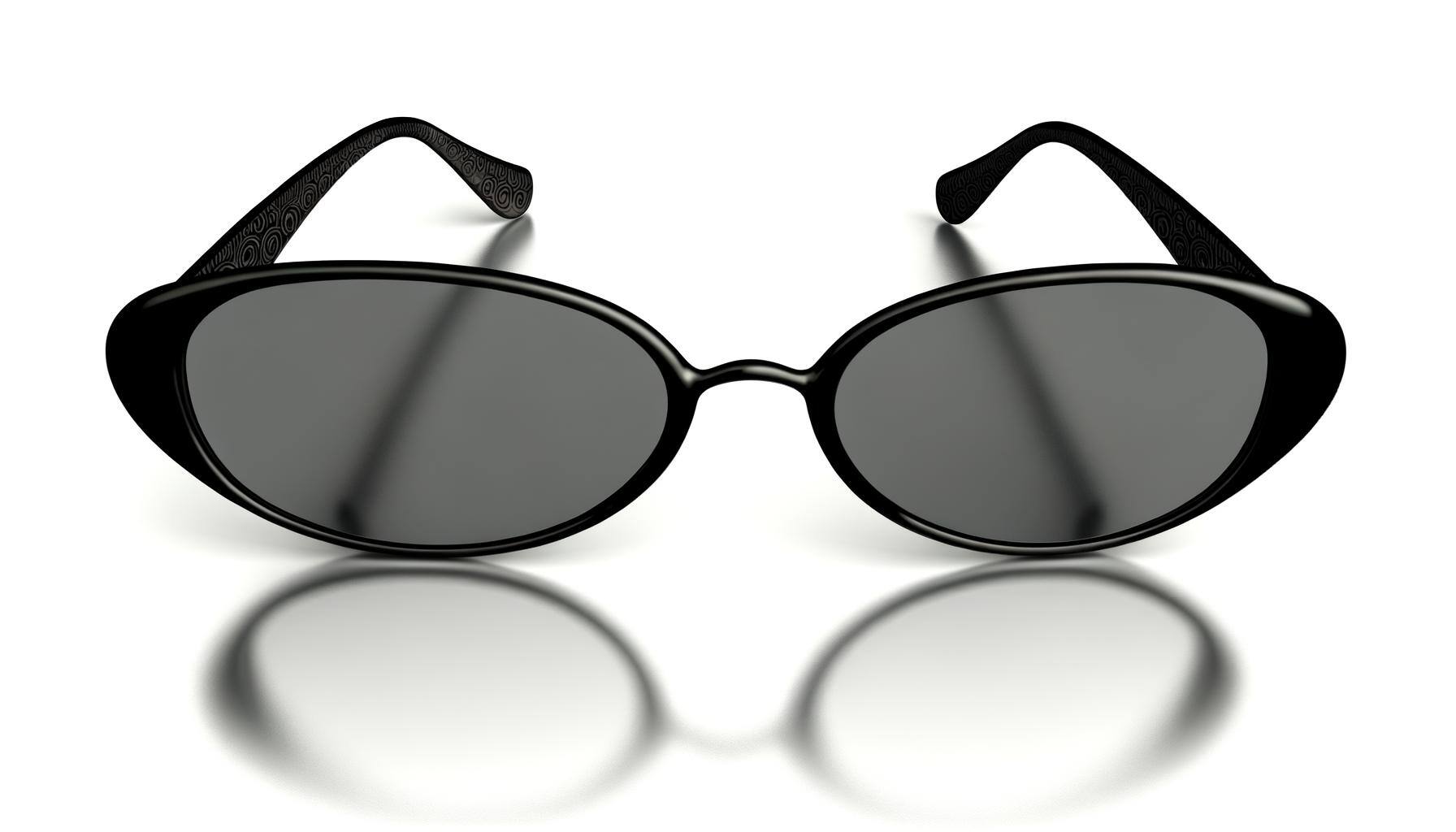In the eyewear industry, traditional manufacturing processes involving metal and cellulose acetate are facing scrutiny as approximately 80% of the plastic used is discarded. This inefficiency is prompting a shift toward sustainability where industry stakeholders are now at the forefront of adopting renewable materials and embracing sustainability certifications. These measures reduce environmental impact and meet the growing consumer demand for responsible products. For manufacturers and buyers, this evolution represents a significant step toward aligning operational practices with global sustainability goals, offering a competitive edge in a market that values ethical and environmental responsibility.
The Two Categories of Materials Sustainable Glasses Use
1. Bio-based Materials
Bio-based materials, including plant-based plastics, are often used in sustainable sunglasses. Carbon 12 (C-12) plays a crucial role in verifying the renewable content of these materials, enhancing products' sustainability profiles, and aligning with the growing consumer demand for environmentally responsible products. C-12 is essential for supporting environmental claims and helping manufacturers demonstrate that their products are derived from natural, renewable sources.
Carbon 12 is also a key component in achieving environmental certifications and ensuring regulatory compliance, which is crucial in appealing to eco-conscious consumers and meeting legal standards for renewable content.
2. Recycled Materials
Recycled materials are vital to the manufacture of sustainable sunglasses. The Global Recycle Standard (GRS) provides a transparent mechanism for verifying the content and recyclability of sunglasses. This certification ensures that the materials used are recycled and processed under fair social and environmental conditions, contributing significantly to the product's sustainability credentials.
Recycled materials in the eyewear industry encompass a wide range of sources. Recycled plastic is commonly sourced from consumer waste, such as water bottles and packaging materials, which are then processed into durable frames. Additionally, sustainable sunglasses may feature components made from reclaimed wood, which provides a unique aesthetic and reduces waste from the timber industry. Bamboo, known for its rapid growth and sustainability, is another popular choice, often recycled from old furniture or discarded construction materials.
The Two Certifications and Standards for Sustainable Sunglasses
1. ISCC Certificates
The International Sustainability and Carbon Certification (ISCC) is a robust system designed to certify the sustainability of products, including those made from bio-based and recycled materials. This certification ensures that every stage of the supply chain adheres to high environmental, social, and economic standards. Employing a "mass balance" approach, ISCC allows mixing of certified and non-certified materials while maintaining a transparent record of inputs and outputs.
To achieve ISCC certification, manufacturers must meet stringent standards that include:
- Environmental Integrity: Reducing greenhouse gas emissions throughout production, protecting biodiversity, and implementing responsible waste management practices.
- Social Responsibility: Adhering to fair labour practices, ensuring worker safety, and positively impacting local communities.
- Economic Viability: Maintain traceability throughout the supply chain and ensure that products meet high-quality and safety standards.
2. GRS Certificates
The Global Recycled Standard (GRS) is an international benchmark that ensures the sustainability and traceability of recycled materials in products like sunglasses. This certification process verifies the recycled content, ensuring products are made from authentic, responsibly sourced recycled materials. To achieve GRS certification, manufacturers must meet strict criteria across several key areas:
- Recycled Content Verification: This process accurately quantifies recycled content encompassing pre-consumer and post-consumer materials and includes thorough validation of the material sources.
- Chain of Custody: Manufacturers must implement a robust traceability system, documenting the flow of materials from source to final product to ensure the accuracy of recycled content claims.
- Environmental Practices: Emphasis is placed on efficient resource management and minimising waste and emissions during production.
- Chemical Restrictions: Rigorous management of hazardous chemicals to enhance safety and sustainability, ensuring products are free from harmful substances.
Durability and Biodegradability Testing for Sustainable Sunglasses
Understanding the environmental impact of sunglasses materials requires rigorous testing under both anaerobic and aerobic conditions. These tests simulate end-of-life biodegradation, telling us how materials break down in natural settings, such as landfills and composting facilities.
Anaerobic Biodegradation
1. ASTM D5511
ASTM D5511 assesses the anaerobic biodegradation of plastic materials under conditions typical of landfills, where organic material breaks down without oxygen. This environment typically replicates landfills. The standard evaluates the sustainability of sunglasses materials, giving insights into the plastic’s behaviour in environments free of oxygen. It helps manufacturers and consumers understand the products' potential environmental impact and degradation timeline after disposal.
2. ISO 15985
Unlike ASTM D5511, ISO 15985 measures biodegradation under controlled anaerobic conditions in laboratory settings. This standard allows for precise regulation of environmental variables such as temperature, humidity, and microbial activity. The controlled conditions enable manufacturers to produce accurate and repeatable results, providing a solid basis for evaluating the anaerobic biodegradability of plastics used in sunglasses. Testing under these defined conditions helps manufacturers refine product sustainability and supports claims regarding environmental responsibility.
AEROBIC BIODEGRADATION
1. ISO 16929
ISO 16929 focuses on the aerobic biodegradation of plastics, testing how well materials decompose in composting conditions at a lab scale. This standard is essential for assessing the compostability of sunglasses materials in more oxygen-rich environments. It simulates biodegradation in industrial composting facilities, where controlled temperature, humidity, and aeration are optimised for rapid organic breakdown. The standard also applies to managed organic recycling facilities, which might operate in lower temperatures or varied moisture levels.
Aerobic Biodegradation and Compostable
1. ASTM D6400
ASTM D6400 provides a comprehensive framework for certifying materials as compostable in municipal and industrial aerobic composting facilities. ASTM D6400 includes biodegradation, disintegration, and ecotoxicity tests, ensuring that materials break down effectively without leaving harmful residues and contribute positively to soil quality. Composting is crucial for environmental sustainability. It reduces landfill waste and supports a circular economy by transforming organic waste into nutrient-rich compost, enhancing soil fertility and reducing the need for chemical fertilisers.
Do Manufacturers Need to Follow Sustainability Standards for Sunglasses?
While not legally mandatory, adhering to standards such as ISCC and GRS is beneficial for manufacturers of sustainable sunglasses. Compliance enhances brand credibility and marketability by supporting their environmental claims and meeting consumer expectations for sustainability. Following these standards can also pre-align manufacturers with potential future regulations, driving innovation and operational efficiencies. Moreover, these certifications support eco-label qualifications, are attractive to eco-conscious consumers and contribute to broader corporate social responsibility goals.
Sunglasses Testing with PEL
At PEL, we understand the importance of safety and durability for your products to stand out. We offer holistic audit services to meet codes of conduct, like the GRS and ISSC certificates. We also provide laboratory tests that adhere to quality and compliance standards like ISO 12312-1 and ANSI Z80.3. Contact us now to learn how our auditing and testing can fit your eyewear production needs.
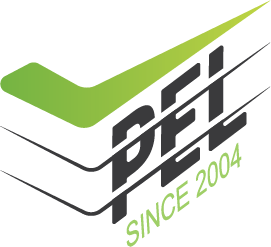

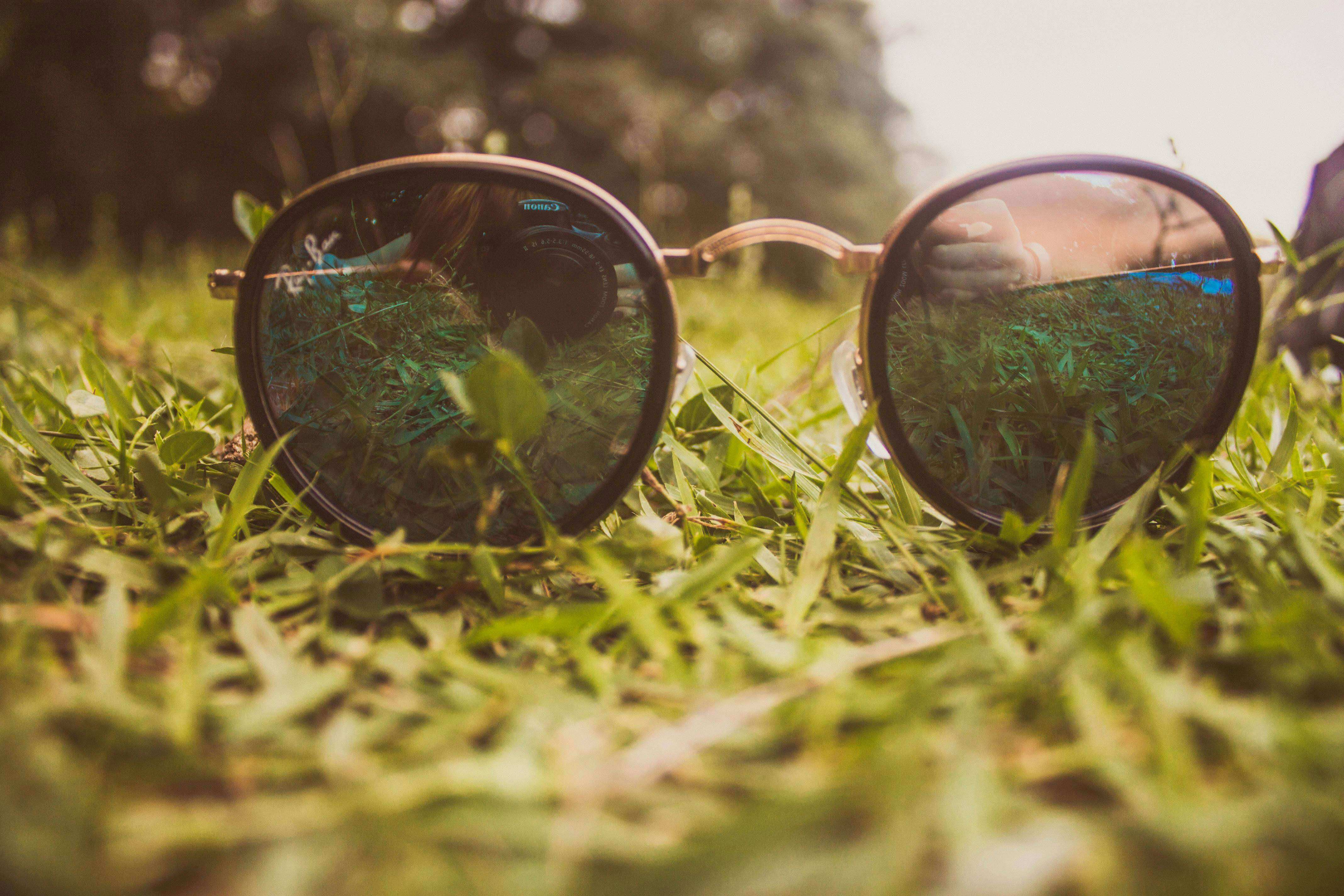
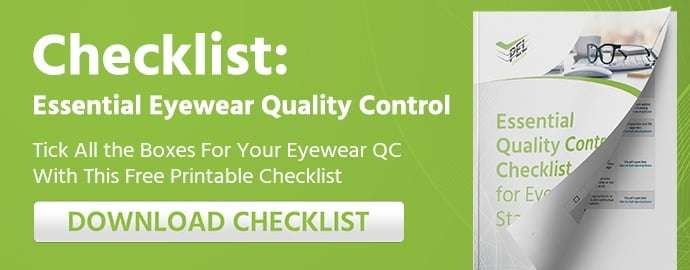

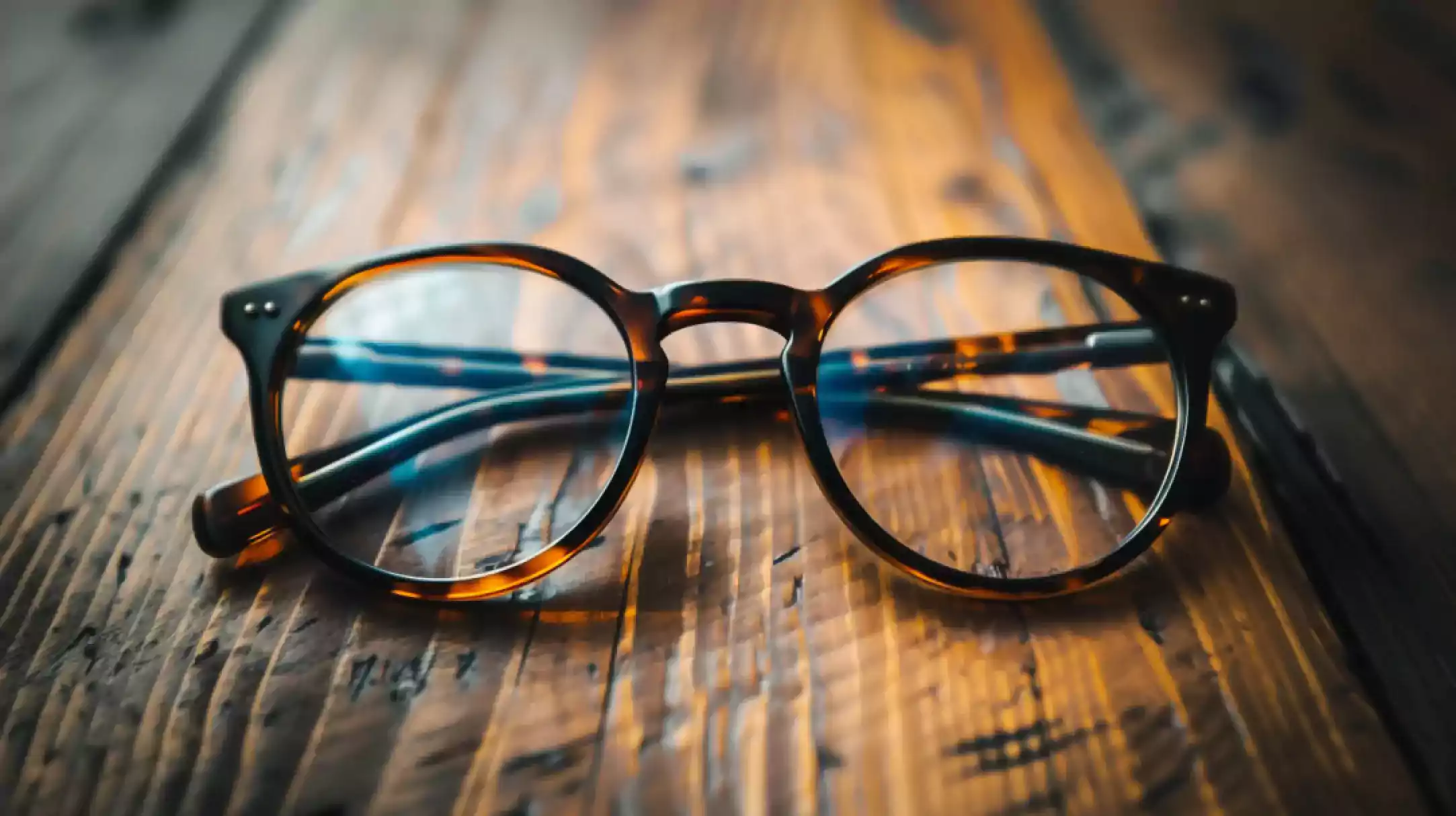
.jpg)
